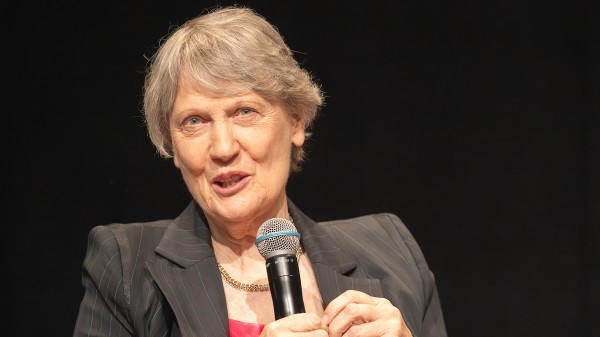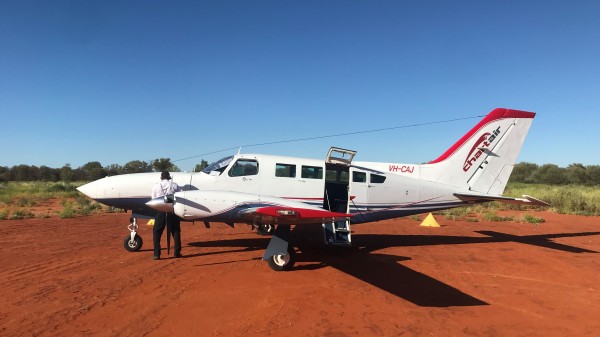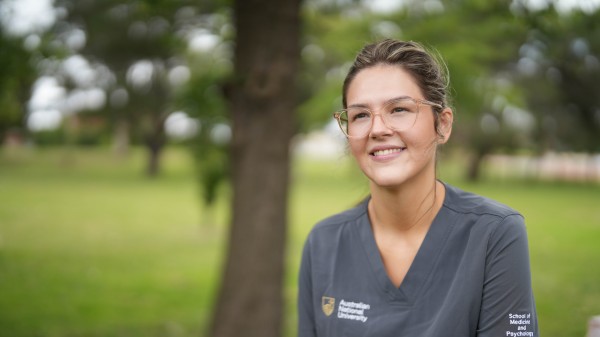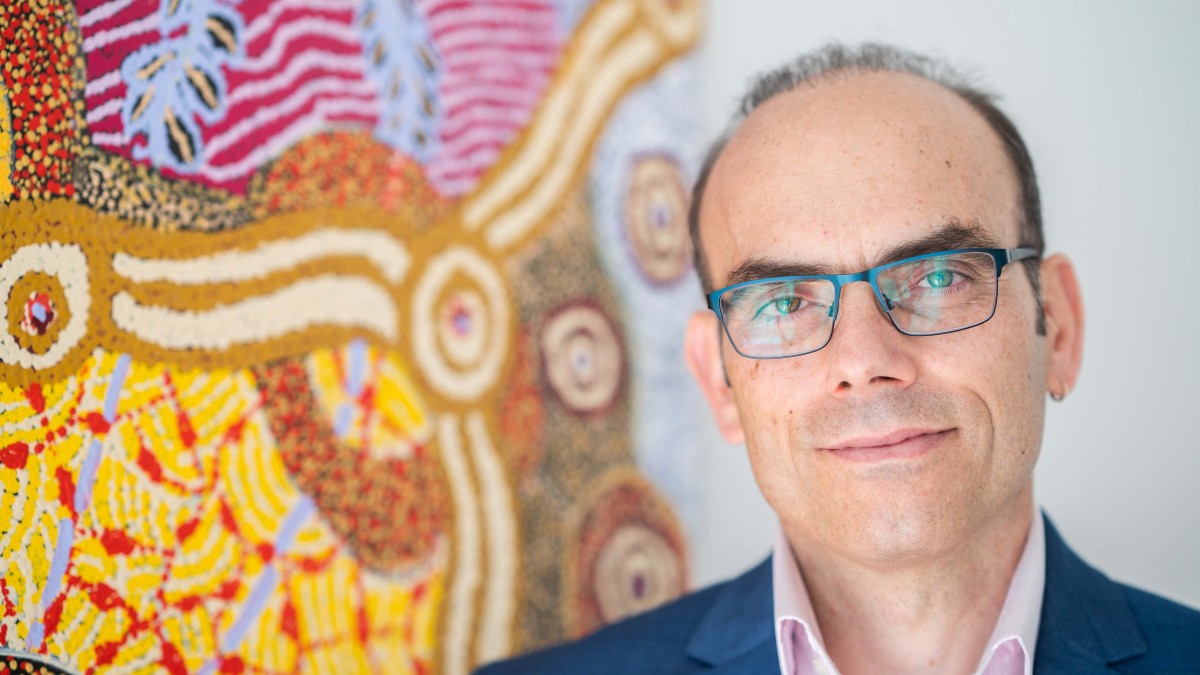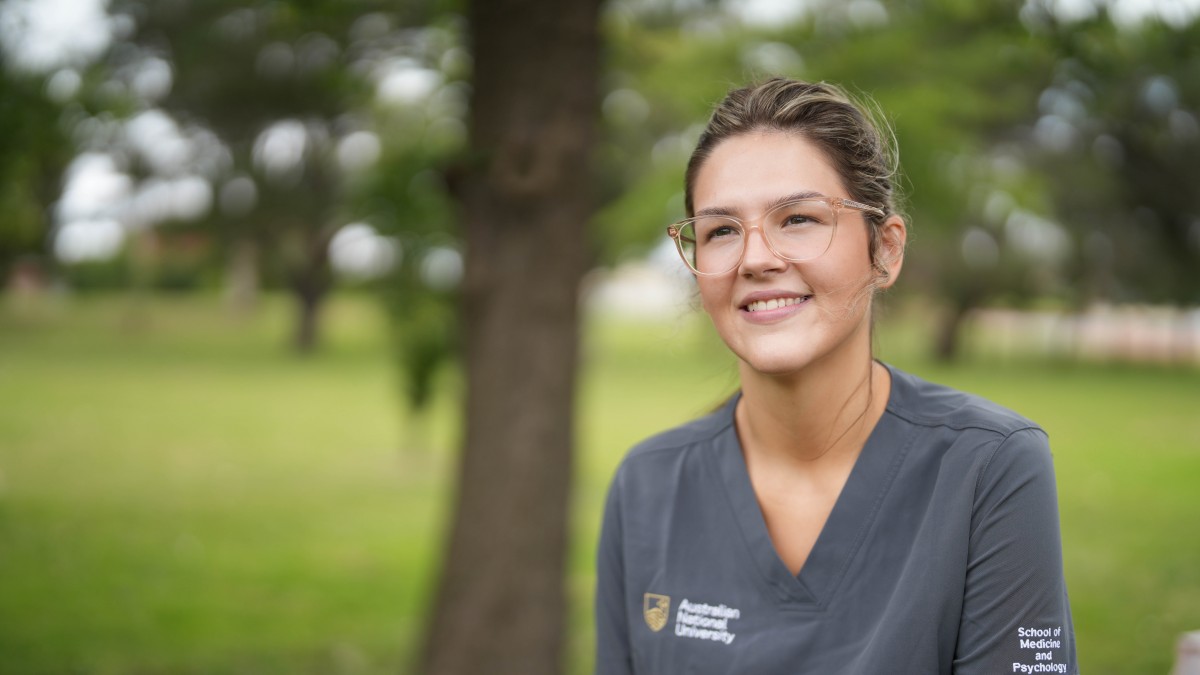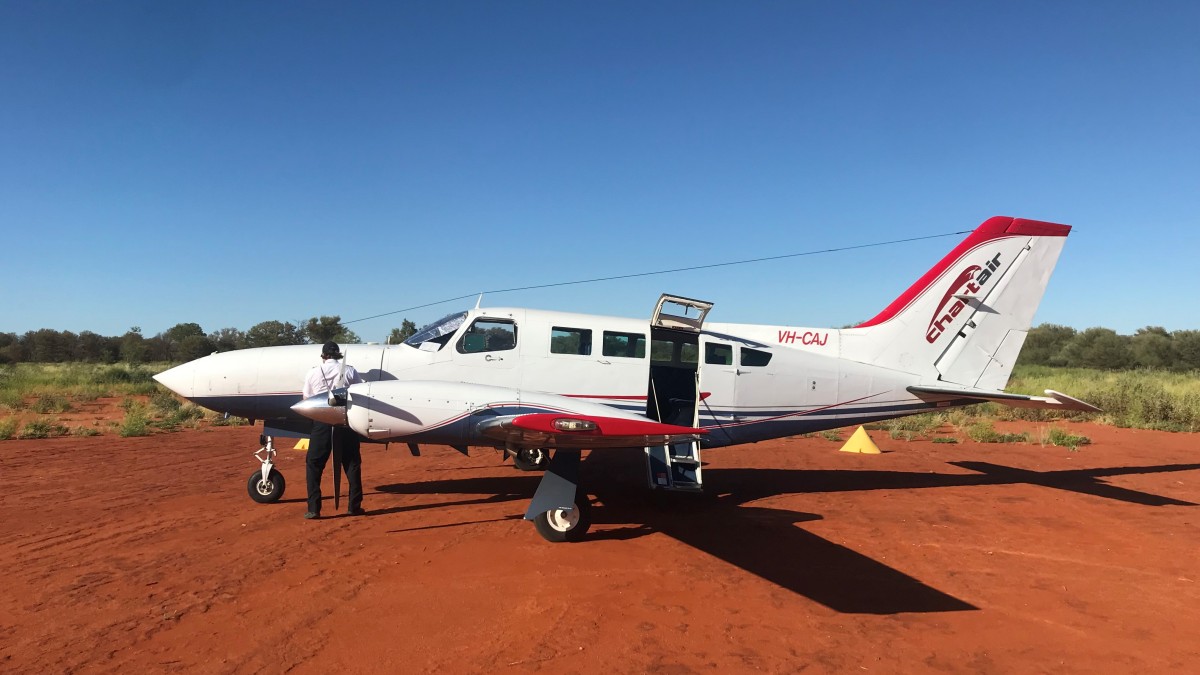Australians will be better protected against the health impacts of climate change, thanks to a new national research network led by The Australian National University (ANU) with partners from across Australia and $10 million in Federal Government funding.
Announced today by Health Minister, the Hon Greg Hunt MP, the Healthy Environments And Lives (HEAL) network brings together Aboriginal and Torres Strait Islander knowledge, sustainable development, environmental epidemiology, and data science and communication to address climate change and its impacts on health.
HEAL will be funded for five years through the National Health and Medical Research Council (NHMRC) Special Initiative in Human Health and Environmental Change and operate across all Australian states and territories.
As part of HEAL, researchers, practitioners, communities and policymakers will work together on urban health, bushfires, air, soil and water pollution, food security, heatwaves and other extreme events, and biosecurity.
“We will join forces to address climate change and other environmental challenges, such as bushfires, air pollution, infectious diseases and heatwaves that have a massive burden on our health and ecosystems,” HEAL’s Director, Professor Sotiris Vardoulakis from ANU said.
“It is a very exciting opportunity to do something which is new and different, which builds momentum from grassroots to research to policymaking.
“This is a historic investment in our future. This coordinated group of experts and practitioners will substantially expand the boundaries of Australia’s environmental, climate change and health research community.”
HEAL comprises 100 researchers set to create a national risk assessment of current and future health burdens driven by environmental change in Australia.
“Climate change is having a profound impact on our environment, our lives and our health,” ANU Vice-Chancellor Professor Brian Schmidt said.
“We are now living with the health impacts of the catastrophic bushfires of last year due to the damage of suffocating and dangerous bushfire smoke.
“That’s why this new network is so vital. As climate change impacts our health and environment more and more, we will need sound solutions and the best thinking to address these negative impacts and keep ourselves and our environment as healthy as possible.”
“We are proud to lead this truly national network and enterprise that will deliver benefits for all Australians.”
The network will also develop a digital knowledge-action hub, the HEAL Observatory, to support the health sector by providing data and tools that will inform local, state and national decision-making.
“We will create communities of practice across Australia that will bring together researchers, policymakers, planners, healthcare professionals, local organisations, citizen scientists and people with lived experience to develop novel research and translate it into practical solutions that will protect and improve health,” Professor Vardoulakis said.
Aboriginal and Torres Strait Islander leadership and knowledge will be at the heart of the HEAL network.
Dr Veronica Matthews from the University of Sydney, lead of the Aboriginal and Torres Strait Islander theme said: “HEAL will bring together Western and Aboriginal and Torres Strait Islander knowledge to address the current and future challenges of environmental and climate change for better health.
“HEAL includes Aboriginal and Torres Strait Islander organisations and communities who are already feeling the impact of climate change.
“In recognition of the value of First Nations’ knowledge from looking after Country for thousands and thousands of years, a key action of the network is the ‘Story-Data Atlas’ – interactive digital community-developed maps that will weave together local biocultural knowledge with climate data as the foundation for community-driven adaptation planning based on local priorities.”
Other priority topic areas include a focus on children and mothers and the impacts associated with environmental pollution, and how climate change is disproportionately affecting people living in rural and remote communities and regions.
“The healthcare system will need to adapt rapidly to episodes of extreme heat, bushfires, smoke, and infectious disease outbreaks. The health sector must also reduce its own carbon emissions to avoid further contributing to climate change. We aim for HEAL projects to strengthen the resilience and sustainability of health services across Australia,” Professor Vardoulakis said.
“The HEAL network will grow the next generation of environmental health researchers in Australia, and provide a model for other countries to follow in holistically tackling the health consequences of climate change.”
The HEAL Network will hold its inaugural conference on 17-18 November 2021: https://heal2021.com.au/
Participating organisations include The Australian National University, University of Sydney, University of Melbourne, Menzies School of Health Research, Griffith University, Telethon Kids Institute, University of Tasmania, University of South Australia, Queensland University of Technology, The University of Western Australia, National Aboriginal Community Controlled Health Organisation, University of New South Wales, RMIT, University of Queensland, Curtin University, Flinders University, Charles Darwin University, Australian Healthcare and Hospitals Association, University of Newcastle, Lowitja Institute, South Australia Health and Medical Research Institute, Australian Institute of Health and Welfare, University Technology Sydney, Centenary Institute, Deakin University, James Cook University, Murdoch University, Environment Protection Authority Victoria, and the Commonwealth Scientific and Industrial Research Organisation.





